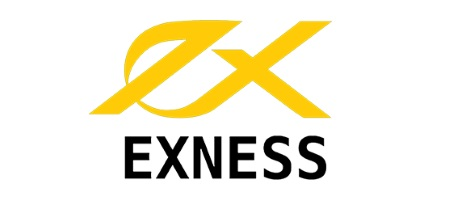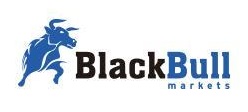ENERGIES TRADING: HOW TO GAIN EXPOSURE FROM GLOBAL ENERGY MARKETS
Energies trading is the buying and selling of energy commodities such as crude oil, natural gas, and gasoline. With the increasing demand for energy, the energy markets provide traders with unique opportunities across the global economy. In this article we will explore the basics of energies trading and the benefits it offers.
Why Trade Energies?
Trading energies provides traders with several advantages over other markets. The global energy markets are highly liquid with billions of dollars traded daily. This means that there is always a buyer and seller for every trade, making it easier (and faster) for traders to enter and exit trades. Additionally, the energy markets are influenced by a variety of economic, political and environmental factors, creating opportunities for traders who utilize fundamental analysis as the backbone of their trading decision-making.
Types of Energy commodities:
- Crude Oil is the most traded energy commodity in the world. It is used to produce a variety of products, including gasoline, diesel and jet fuel.
- Natural Gas is used for heating and electricity generation. It is also used as a feedstock for the production of chemicals and fertilizers.
- Gasoline is a refined product of crude oil and is used as a fuel for vehicles.
- Heating Oil is also a refined product of crude oil and is used for heating homes and businesses.
Factors Affecting Energies Prices
The supply and demand for energy commodities can affect their prices. For instance, an increase in demand or a decrease in supply can cause prices to rise.
Economic Factors: Economic data such as GDP, inflation and employment figures can affect energy prices. Positive economic data can lead to an increase in demand, which can drive up prices.
Political factors such as conflicts, sanctions and trade agreements can affect energy prices. For example, if there is political instability in an oil-producing country, it can lead to a decrease in supply, which can drive up prices.
Risk Management
As with any investment, there are risks involved in energies trading. It's important to manage your risk carefully by setting stop-loss orders and avoiding overtrading or trading with too much leverage. Keep up with economic news and events that can affect energy prices.
Energies trading for those traders who are willing to put in the time and effort to learn the market. With its high liquidity, potential for high returns (and high losses) and the variety of trading strategies available, energies trading can offer traders a lot of opportunities. All brokers we offer facilitate Energies trading, so choose with confidence.
EXNESS
EXNESS main features and highlights
Regulation
FCA, CySEC, FSA, CMA, FSCA, CBCS, FSC, FSC
Headquarters
Limassol, Cyprus
Year founded
2008
Num of instruments offered
200+
Trading fees category
Low-Average
Deposit/Withdrawal options
Bank card/wire transfer/Skrill/Neteller/Crypto
Deposit/Withdrawal fee
No*
Min deposit
10$
Inactivity fee
No
Max leverage offered
1:Unlimited**
PEPPERSTONE
PEPPERSTONE main features and highlights
Regulation
FCA, CySEC, BaFin, ASIC, DFSA, SCB, CMA
Headquarters
Melbourne, Australia
Year founded
2010
Num of instruments offered
1200+
Trading fees category
Low-Average
Deposit/Withdrawal options
Credit/debit card; bank wire; Electronic wallet
Deposit/Withdrawal fee
No
Min deposit
1$
Inactivity fee
No
Max leverage offered
500:1*
XM
XM main features and highlights
Regulation
CySEC
Headquarters
Limassol, Cyprus
Year founded
2009
Num of instruments offered
1000+
Trading fees category
Average
Deposit/Withdrawal options
Credit/Debit card, Neteller, Skrill, UnionPay, Web money, and Bank Wire
Deposit/Withdrawal fee
No*
Min deposit
5$
Inactivity fee
Yes**
Max leverage offered
1000:1***
BLACK BULL MARKETS
BLACK BULL MARKETS main features and highlights
Regulation
FMA – New Zealand
Headquarters
Auckland, New Zealand
Year founded
2014
Num of instruments offered
2500*
Trading fees category
Low
Deposit/Withdrawal options
Wire transfer, Credit/debit card, Neteller, Skrill, UnionPay, FasaPay
Deposit/Withdrawal fee
Deposit – No, Withdrawal – 5$
Min deposit
1$
Inactivity fee
No
Max leverage offered
1:500



